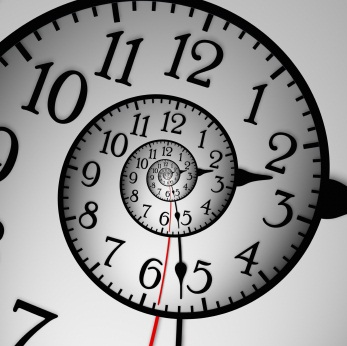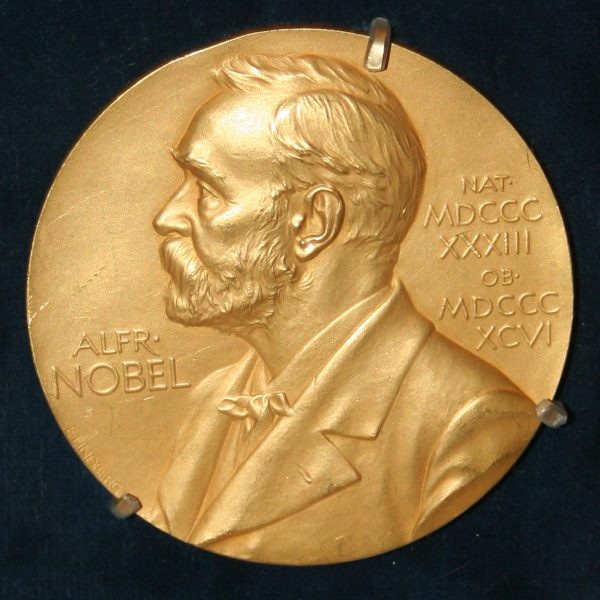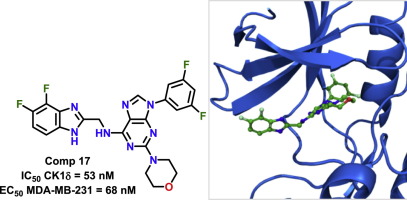Multipoint phosphorylation of the PERIOD 2 (PER2) protein is a critical step in determining the mammalian clock cycle. Previous studies have suggested that the phosphorylation of PER2 by casein kinase 1 (CK1) requires the initiation of an undiscovered protein kinase. CK1 is an essential circulatory protein that is highly conserved from algae to humans. These phosphorylation processes stabilize the PER2 and delay its degradation to extend the circadian clock cycle….
biological clock
Science: How Does the “Clock” Protein Work?

As we all know that the human body can function adaptively as the day and night change. And according to a new research from the Perelman School of Medicine at the University of Pennsylvania, a key protein called Rev-erb coordinates the ebb and flow of gene expression by tightening and loosening loops in chromosomes. For the past 15 years, Mitchell A. Lazar et al. have been dedicated to revealing…
The 2017 Nobel Prize in Physiology or Medicine Announced

2017/10/02, the 2017 Nobel Prize in Physiology or Medicine jointly to Jeffrey C. Hall, Michael Rosbash and Michael W. Young for their discoveries of molecular mechanisms controlling the circadian rhythm. They will share 9 million Swedish kroner bonuses award. Jeffrey C. Hall, born in New York in 1945. 1971 received a Ph.D. from the University of Washington, 1971 to 1973 got post-doctoral position at the California Institute of Technology. In…
